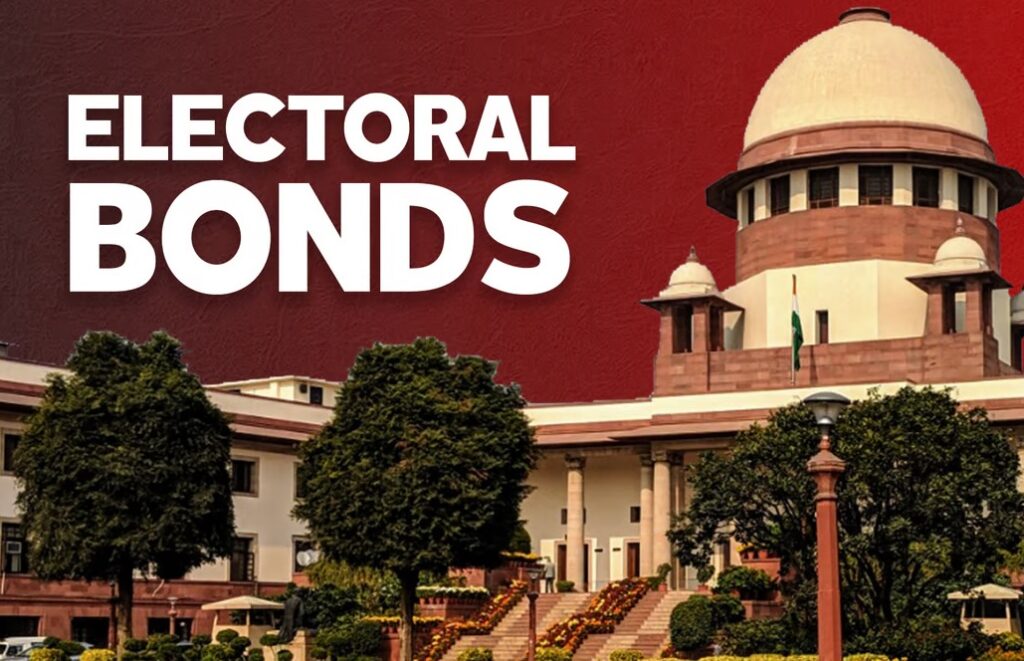15/02/2024
15/02/2024

INDIA, Feb 15: In a landmark ruling on Thursday, India's Supreme Court invalidated the nation's seven-year-old electoral funding mechanism, known as the Electoral Bonds system. This system, which permitted unlimited and anonymous donations from individuals and corporations to political parties, was deemed "unconstitutional" by the court.
The decision dealt a blow to Prime Minister Narendra Modi's Bharatiya Janata Party (BJP), which had been the primary beneficiary of the Electoral Bonds system since its inception in 2017.
Challenged by members of the opposition and a civil society group, the system faced criticism for impeding transparency regarding political funding, thereby obstructing the public's right to know about the origins of contributions to political parties.
Under the Electoral Bonds system, individuals and companies could purchase bonds from the state-run State Bank of India (SBI) and donate them to political parties. According to the Association for Democratic Reforms (ADR), a non-governmental civil society organization focused on election funding in India, a total of 165.18 billion rupees ($1.99 billion) worth of such bonds were purchased up to November 2023.
A five-judge bench, led by Chief Justice D.Y. Chandrachud, emphasized the significant influence that political contributions confer upon the donor, translating into undue influence over policy-making processes. Consequently, the court declared the Electoral Bonds scheme unconstitutional and prohibited the issuance of new bonds.
Reacting to the ruling, BJP spokesperson Gopal Krishna Agarwal affirmed the party's commitment to electoral funding reforms, pledging to adhere to the court's decision.
Previously, individuals could contribute any amount of cash, while corporate donations were subject to restrictions based on revenue and profits. However, the bond system effectively bypassed these limits. The Supreme Court's ruling reinstated corporate donation limits, underscoring concerns over the disproportionate influence of corporate contributions on the electoral process.
In its directive, the court instructed the State Bank of India to cease the issuance of Electoral Bonds, disclose the identities of bond purchasers, and provide information regarding bonds redeemed by each political party.
The Modi government had defended the Electoral Bonds policy, arguing that it curtailed the use of cash in political funding by offering donors a confidential avenue to contribute to party funds. However, the court's decision signals a significant shift in India's electoral funding landscape, reinstating transparency and accountability in political financing.
Of the 120.1 billion rupees' worth of bonds sold until the end of the fiscal year in March 2023, the BJP had received more than half, amounting to 65.66 billion rupees.


